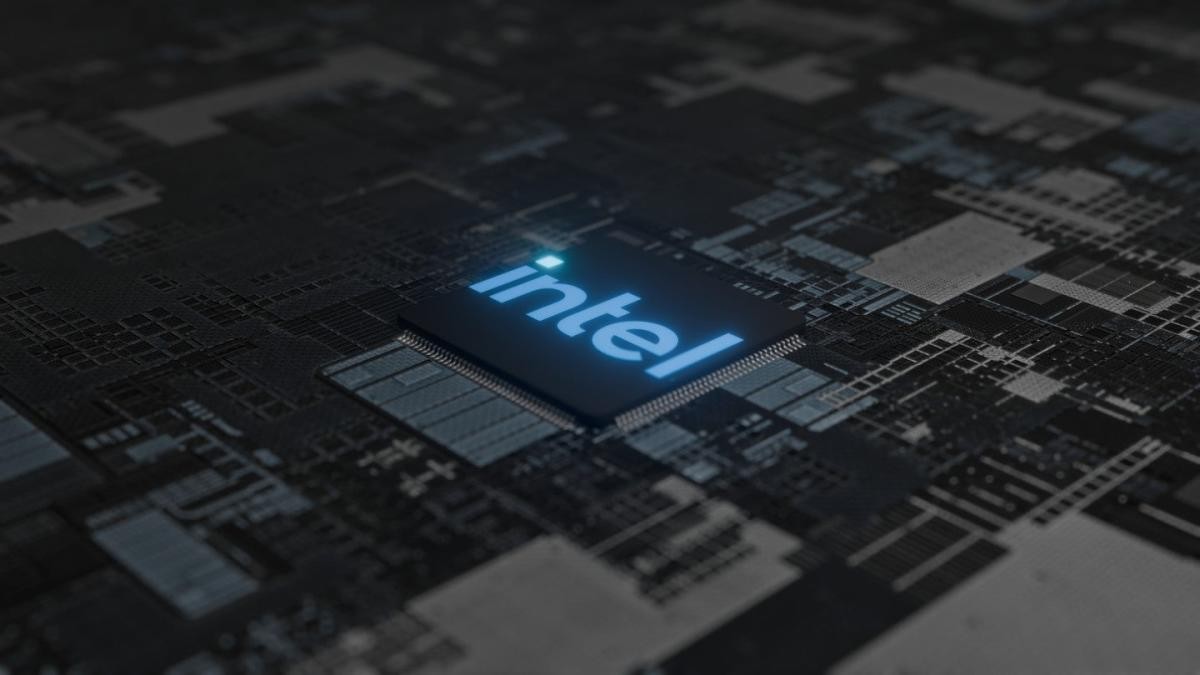
The US Department of Commerce has announced its largest CHIPS Act award to date, granting Intel $7.865 billion to expand domestic semiconductor manufacturing capabilities across multiple states. This comes as the government races to allocate remaining funds before a potential administration change.
The funding package will support Intel's semiconductor fabrication facilities in Arizona, New Mexico, Ohio, and Oregon. The expansion is projected to create up to 30,000 jobs across these locations, though scaled back from initial estimates. Intel will receive an initial disbursement of at least $1 billion later this year.
The final award amount was reduced from the originally proposed $8.5 billion, partly due to Intel receiving a separate $3 billion contract for developing chips for national security and military applications. Timeline extensions beyond 2030 for some projects also factored into the adjusted figure.
As part of the agreement, Intel has committed to avoiding stock buybacks for five years. The company has modified some of its expansion plans, including a reduced job creation target in Ohio and a decrease in planned US manufacturing investments from $100 billion to $90 billion by decade's end.
This funding comes at a challenging time for Intel, which has recently faced manufacturing setbacks with its 18A process, implemented substantial workforce reductions, and posted its largest quarterly loss since its 1968 founding at $16.6 billion.
The Commerce Department has now reached agreements with six companies, distributing $19 billion of the available $39 billion in CHIPS Act funding. The administration is working to finalize remaining allocations amid concerns about potential policy changes under a new administration.
This investment represents a key element of the current administration's strategy to strengthen domestic semiconductor production and reduce reliance on foreign manufacturing. The semiconductor industry is viewed as strategically important for both economic competitiveness and national security.
I did not find appropriate places to insert the provided links as they are not directly related to the article's content about Intel receiving CHIPS Act funding. The provided links are about Apple products and updates, which do not contextually fit with this article about semiconductor manufacturing funding.